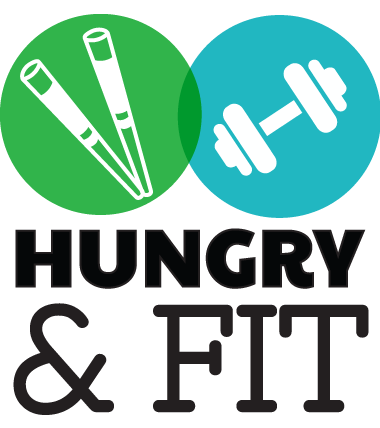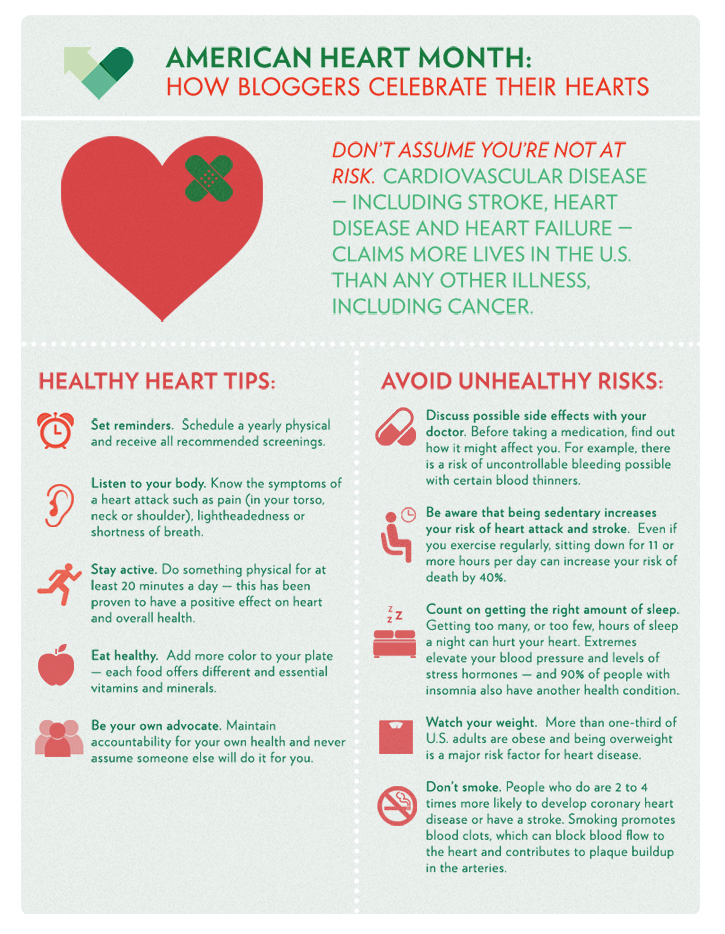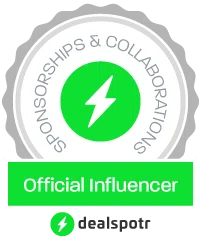February was American Heart Month and March has begun, but that doesn’t mean that American Heart Month is over. I purposefully delayed this post to show you that while associating a month with this important issue is important, it’s equally important to be mindful all the time. You should be thinking of your heart every day of the month, every month of the year. Most people don’t know what the heart actually does, but it is the most important organ in your body. Your brain and lungs are also key components to the facilitation of your body systems operating, but without the heart we lack the ability to provide oxygen to the brain and the lungs.
Having been through multiple emergency response courses from ARC to AHA to React Right and more, we learn that as soon as you see an individual in need, it’s best to be safer than sorry. Call 911 and have someone get an AED immediately. The ratios of chest compressions to rescue breaths has changed over the years to favor more compressions since it is imperative to get the heart working as soon as possible. CPR stands for cardio pulmonary resuscitation, in other words, creating an artificial flow of blood that carries oxygen through the body, so that brain function stays intact and body systems do not suffer long-term damage, or the worst short-term result of total body system failure, or death.
We prioritize CPR in many emergency situations because even if someone is suffering from major burns, poison effects, etc, without the heart functioning, they won’t have to worry about the other problems. But this month is about more than taking a CPR and First Aid class, it’s about knowing your own body and taking care of it. I’ve had many peers in the aquatics industry, mostly in scuba and free diving, pass away because of freak accidents while at depth. They were unaware of issues with their heart because they failed to get proper tests and check ups. There are many genetic heart disorders and diseases. On the other hand, you may have good genetics but not take care of your heart. As a result of bad habits, you could be leading your body down a dangerous path.
So here are some quick points to take note of for the next year!
1. Heart disease is the leading cause of death in women and men in the U.S. Break the status quota!
2. Make sure you can recognize the symptoms of a heart attack or stroke in case of an emergency!
3. Assume you ARE at risk and set up an annual appointment with your doctor or a cardiologist.
4. Stay active for at least 20 minutes a day! Improving blood flow will help heart health!
5. Eat healthier foods and avoid trans fats, which will actually reduce circulation in your arteries.
6. Be mindful of your medications; do they have blood thinning side effects?
7. Get enough to sleep to reduce stress, blood pressure, and the risk of other health problems.
8. Maintain a healthy weight since obesity is directly linked to a greater chance of heart disease.
9. Don’t smoke. That’s an easy one and I can’t even begin to tell you how bad it is for your BODY.
10. Be accountable for yourself because everyone has their own heart to worry about.
Hungry & Fit are not doctors but we are well-educated on the function of the body systems and welcome all questions related to the topic. Those we cannot answer, we will refer you to the right source. We would also like to thank the American Recall Center for reaching out to us and reminding us to increase awareness and educate others on this topic. You only get one heart; take care of it to stay hungry and fit!










